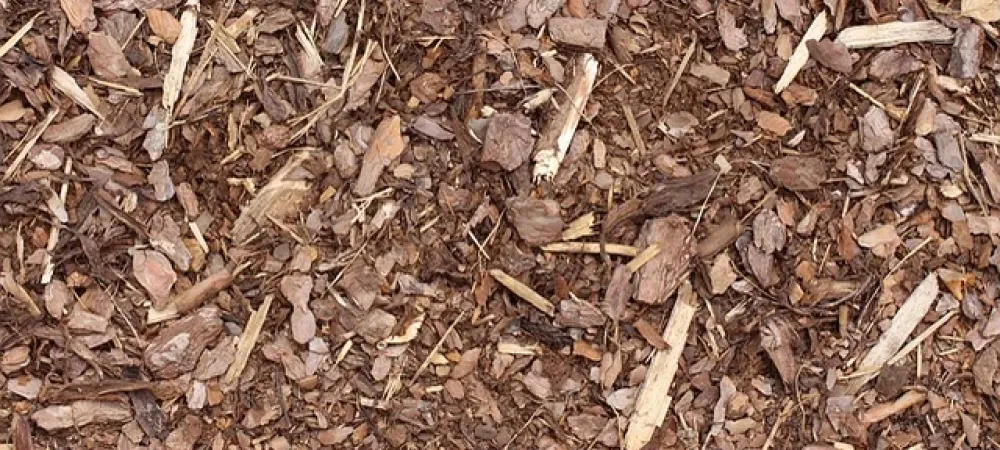9 Advantages Of Proper Tree Mulching

Trees and plants enhance our surroundings, providing shade, fresh air, and even fruit. They are essential to our environment, so it's important to care for them properly. While nature sustains trees in the wild, those in our yards and landscapes need our attention to stay healthy and beautiful. One effective way to support tree health is through mulching, which helps retain moisture, regulate soil temperature, and improve overall growth.
Why Is Mulching Important for Your Plants and Landscape?
Mulching is the technique of placing organic and inorganic materials (mulches) on the soil around plants. Mulches are considered a young plant’s best friend. Mulching is considered among the most advantageous things a homeowner can do for the health of a tree. Furthermore, mulching, when done properly, will give your landscape a well-groomed and handsome facade.
What Are The Benefits of Mulching?
Here are the nine benefits of mulching:
- It maintains soil moisture. Mulch retains water and reduces the evaporation process.
- It inhibits the germination of weeds and therefore impedes growth.
- Mulch serves as a buffer for soil to keep it cooler in hot weather and warmer in cold weather.
- Mulching improves soil aeration, structure, and drainage over time.
- Mulch improves soil fertility/quality.
- Inhibit certain plant diseases.
- Limit salt buildup.
- It protects from damage caused by lawnmowers and/or weed wackers.
- Mulching gives a properly cared-for appearance and uniform look to planting beds.
What's the Difference Between Organic and Inorganic Mulch?
Organic and inorganic mulches differ in how they interact with the soil. Organic mulches, such as leaves, wood chips, bark, pine needles, and compost, break down over time, enriching the soil with nutrients and improving its fertility. In contrast, inorganic mulches, like stones, lava rock, and geo-textile fabrics, do not decompose, making them a longer-lasting option for landscaping. Each type has its benefits, depending on the needs of your garden or landscape.
How Deep Should You Mulch for Healthy Plants?
The general depth recommendation when mulching is 2-4 inches. While organic mulches break down and must be topped or replenished, you must remember that the decomposition process differs with each type. Do not over-pile or make a heap at the base of the plants, as too much can be unhealthy for plants, causing too much water retention, resulting in soil drench, and promoting certain plant diseases like root rot.
Keep Your Landscape Healthy with Professional Tree Care
If you're in the Eastern Pennsylvania area, you can call Grasshopper Lawns, LLC for professional tree and shrub care! Our expert team specializes in mulching, pruning, and ensuring the overall health of your plants to keep your landscape looking its best. Regular maintenance from us enhances the beauty of your trees and shrubs and promotes their long-term health and resilience against pests and diseases. Get started with a free estimate today!
